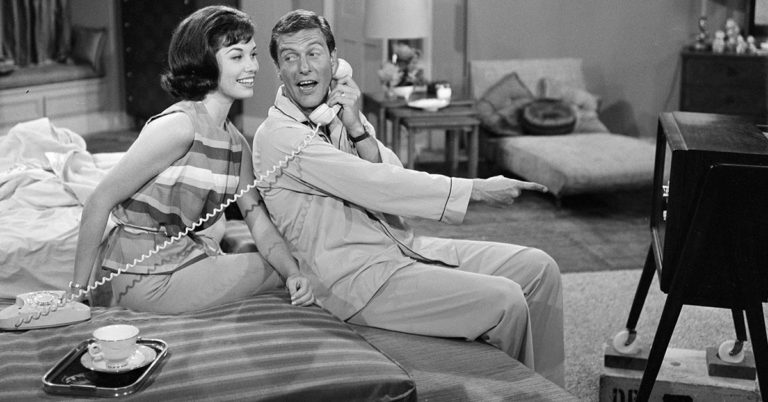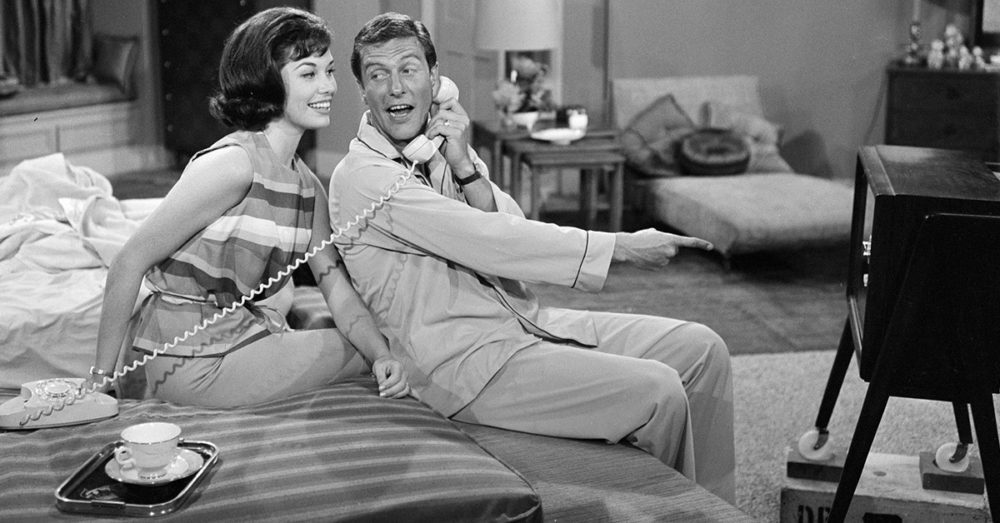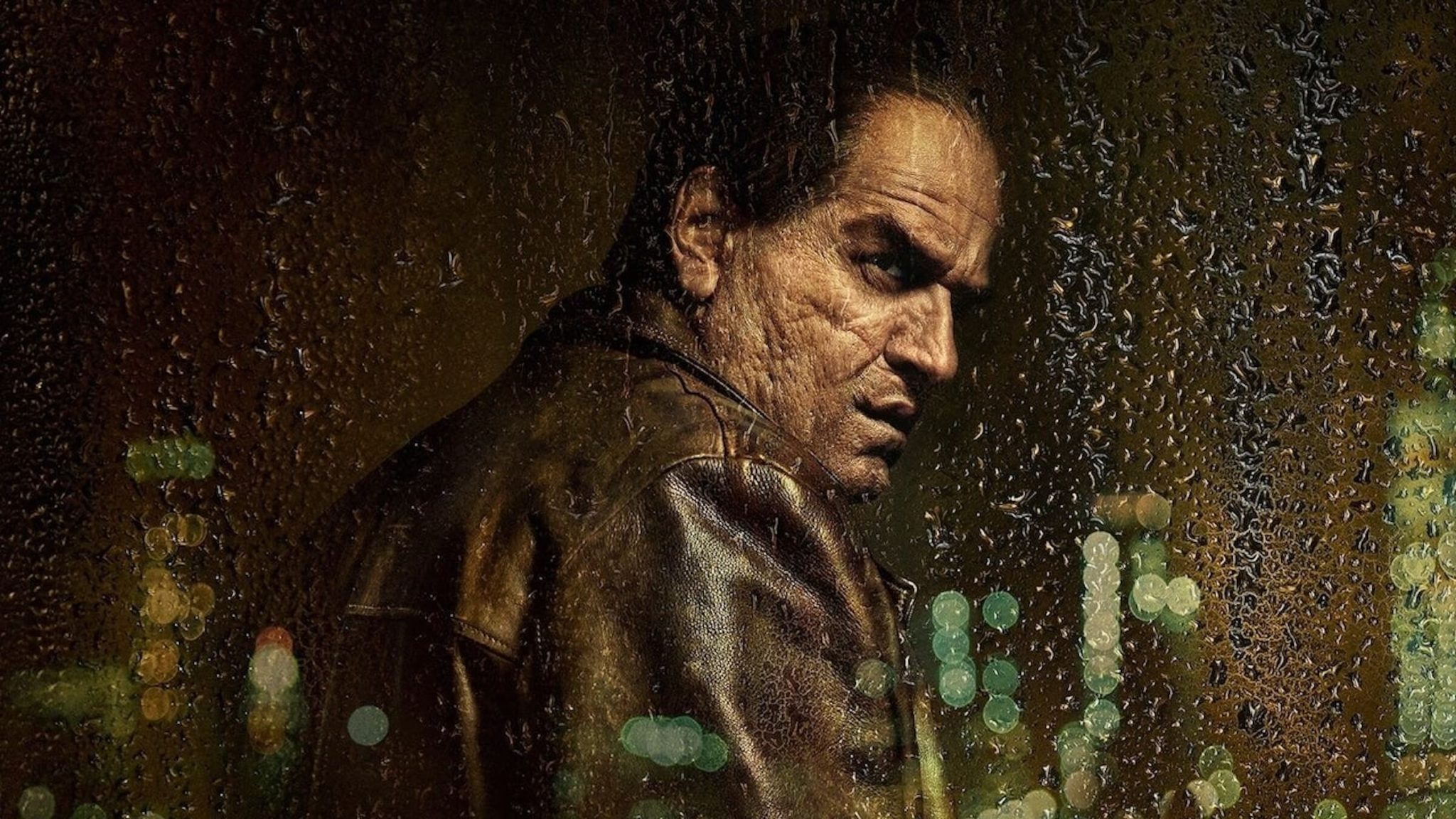Conversations with TV Comedy Writers: Five Surprising Takeaways

In writing my latest book on TV comedy writers, I had the opportunity to conduct in-depth interviews with several legendary screenwriters. Here for me, are the most surprising takeaways:
1) The rules aren’t for them: They trust their instincts.
When I asked Carl Reiner if he uses any rules or formulas for joke construction he responded, “No, I think the seat of your pants. If you’re a real writer, you don’t worry about the technique of it; you go by the seat of your pants.”
Leonard Stern spoke of the undefinable: “There’s a formularization for many jokes, but it’s very hard to explain. Suddenly you have that humorous insight into something. I’ve discussed this very often with Larry Gelbart, who is probably the most gifted writer and satirist by nature. He’s extremely articulate, and he couldn’t stop the flow of humor. He often said, “I wish I could just write this straight, I’d like to see how I think” — because his writing always had that surprising twist. And he himself was surprised by the direction his thoughts took him. So it’s always been hard to define that. . . that odd perception or perspective of life . . . the capturing of a moment of absurdity. I never could define it; I just knew it existed.”
Ken Estin agrees: “I’ve read rules but I never worked that way, and I’ve never known anyone who did. We all just go by what our gut tells us. I don’t think you can do it by mechanical means. You have to do it by instinct, and experience, and intuition — and all those kinds of vague feelings you have as a human being. When I write a scene, I have to put myself in the situation. And although I won’t laugh out loud, I can feel the difference between something that’s funny and something that doesn’t sound quite right. The formulas don’t really work because comedy is based so much on rhythms. Sometimes just the right word is funny, and you’re not sure why.”
And Arnie Kogen surprised with this comment: “The set-up comes before the punch line. That's the rule I use. And you can take that to the bank…whatever banks are left!”
2) Even great writers get blocked.
James L. Brooks described his struggles while writing Terms of Endearment: “…I was stuck. I was stuck in my script, and I couldn’t go backwards and I couldn’t go forwards. And I spent every day blushing. I’d literally be blushing...It was just intolerable. And I went out one night, and there was a concert pianist there who did pretty well all over the country, but he had never played New York. And he had a fear of what that would be if he played New York. And I described what was happening to me, the blushing and stuff. And he said, “Oh, that’s a state of shame.” And it helped me enormously that there was a name for it…I went to Hawaii and had a small room at a friend’s house, and I had the illusion that I had cracked the whole thing. And I had one of the most euphoric moments in my life. It turned out I hadn’t cracked the whole thing. But the feeling that I had cracked the whole thing released me from all the tentacles of that writer’s block.”
I asked the writers for their strategies in overcoming a block. Hal Kanter said he’d call a friend to see if they could help “prime the pump” for him. David Isaacs’s advice is “Just keep moving forward.” Sol Saks believed writer’s block is usually a lack of conflict, which is the basis of drama: “If you’re writing a scene and you don’t know what to write, the answer to it is, you have no conflict.” And Leonard Stern gives his prescription: “Actually, I don’t know a writer who hasn’t suffered from writer’s block, and the cure is always the same: patience, patience, and then, if necessary…more patience.”
3) They suffer for their art.
Norman Lear recalled the torment he went through over deadlines: “The early years of my career were filled with an incredible amount of fear and anxiety. I always wrote in a clutch. By one o’clock in the morning, I had to start writing or else. I remember sitting on the phone with a shrink after vomiting and literally weeping for hours. I had four hours, five hours to get a monologue in. For years I was stopped by fear. I used to call it shit in the head; I called it that because I couldn’t identify it. But it was a fear, I guess a fear of not making good.”
Treva Silverman experienced her own share of torment: "When I was writing The Monkees I would get sick every day before writing. I mean, really physically sick. In my early 20s I was hospitalized for incipient ulcers, which obviously came from tension and anxiety and fear.”
4) Success doesn’t always breed confidence.
I asked the writers if they had confidence in their ability to always find the funny. Without hesitating, Larry Charles responded, “No, not at all. Not ever. Not from one day to the next.”
Steve Skrovan concurs: “Every time I finish a script, I think that’s it, that’s the end of my career. I’m done, I have no more stories. There are no more stories left in the world. Now I’m gonna be found out. Seriously, I think every writer has that anxiety. I know Larry David had it — that’s it, we’re done.”
Despite creating a show that ran nine seasons, Phil Rosenthal admits, “No. I’m still not confident. Are you kidding? We’d struggle every week. Every week I’d look at the script and say, 'I guess we don’t have it this week.' Every single week. I’m filled with self-doubt and worry at every turn.”
Finally, Matt Williams doesn’t think any writer is confident. “If you’re confident, you’re probably not a good writer. I think you constantly question and doubt. And every time you sit down to write, you start from scratch and go, “Oh hell, do I even know how to do this? How did I fake them the last time!”
5) The work is harder than it looks!
As Bill Persky points out, “The thing about writing comedy is . . . you do not know how you do it. So when I get up in the morning, I don’t know that I still can do it. And until you do do it, you really aren’t sure you can do it. And that’s a little frightening. It’s not like a brain surgeon who gets up one day and says, ‘Oh Jesus, where do I make the incision?’ And he looks it up. With comedy writing, there’s nowhere to look it up!”
Bill Masters recalls the time a studio exec came back to the room after the run-through just to see what the writers did: "So we get back to the room and start to go over the script. And . . . we were on one joke for 45 minutes. Somebody will say something and you change the joke, but that changes the next line. And oh, we can’t do that, because that changes the scene. Or that’s a funny line, but she doesn’t have that information until the next scene — or whatever. And you just keep going back and forth and back and forth.
Finally, this exec said, ‘I don’t know how you do this!' We said, ‘What did you think? We’re just so gifted, we come back here and it’s like we’re knocking a tennis ball back and forth? This is hard work!’ I don’t know if we ever really get the best, but it’s the best you can do up to a point. After 45 minutes on that joke, we came up with a line. I’m not saying it was worth anyone actually saying — but we got to move on.”
Steve Skrovan brings the point home with his comment: “This is not an easy thing to do, you know. That’s why a child actor can win an Academy Award — but there’s no child that can win an Academy Award as a writer.”
Inspired to get to work on your comedy script? Enter the ScreenCraft Comedy Screenplay Contest.
Cast of Characters:
James L. Brooks: Room 222 (Creator), Mary Tyler Moore (Co-Creator), Taxi (Co-Creator), The Tracey Ullman Show (Co-Creator), The Simpsons (Co-Developer)
Larry Charles: Seinfeld, Mad About You, Curb Your Enthusiasm
Ken Estin: Taxi, Cheers, The Tortellis (Creator), The Tracey Ullman Show (Creator)
David Isaacs: M*A*S*H, Mary (Co-Creator), The Simpsons, Wings, Cheers, Almost Perfect (Co-Creator), Becker, Frasier
Hal Kanter: (1918-2011) The Ed Wynn Show, The George Gobel Show, The Milton Berle Show, Valentine’s Day, Julia (Creator), All in the Family
Arnie Kogen: The Dean Martin Show, The Tonight Show Starring Johnny Carson, The Bob Newhart Show, The Carol Burnett Show, Newhart, Empty Nest
Norman Lear: All in the Family (Developer), The Jeffersons (Developer), Maude (Creator), Sanford and Son (Developer), Mary Hartman, Mary Hartman (Developer), Good Times (Developer)
Bill Masters: Seinfeld, Grace Under Fire, Caroline in the City, Murphy Brown
Bill Persky: The Dick Van Dyke Show, Good Morning, World (Creator), That Girl (Creator)
Carl Reiner: Your Show of Shows, Caesar’s Hour, The Dinah Shore Chevy Show, The Dick Van Dyke Show (Creator), The New Dick Van Dyke Show (Creator), Lotsa Luck (Co-Creator)
Phil Rosenthal: Everybody Loves Raymond (Creator)
Sol Saks: (1910–2011): My Favorite Husband, Mr. Adams and Eve, Bewitched (Creator)
Treva Silverman: The Monkees, Mary Tyler Moore
Steve Skrovan: Seinfeld, Everybody Loves Raymond, ‘Til Death, Hot in Cleveland
Leonard Stern: (1923–2011): The Jackie Gleason Show, The Honeymooners, The Phil Silvers Show, I’m Dickens, He’s Fenster (Creator), He & She (Creator), Get Smart
Matt Williams: Roseanne (Creator), Home Improvement (Co-creator)

As the daughter of Honeymooners writer Herb Finn, Paula Finn grew up in the culture. She is the author of Sitcom Writers Talk Shop: Behind the Scenes with Carl Reiner, Norman Lear, and Other Geniuses of TV Comedy, published by Rowman & Littlefield, and available on Amazon and through Rowman.com.
Photo Credit: The Dick Van Dyke Show
For all the latest ScreenCraft news and updates, follow us on Twitter, Facebook, and Instagram.
Tags
Get Our Screenwriting Newsletter!
Get weekly writing inspiration delivered to your inbox - including industry news, popular articles, and more!



























